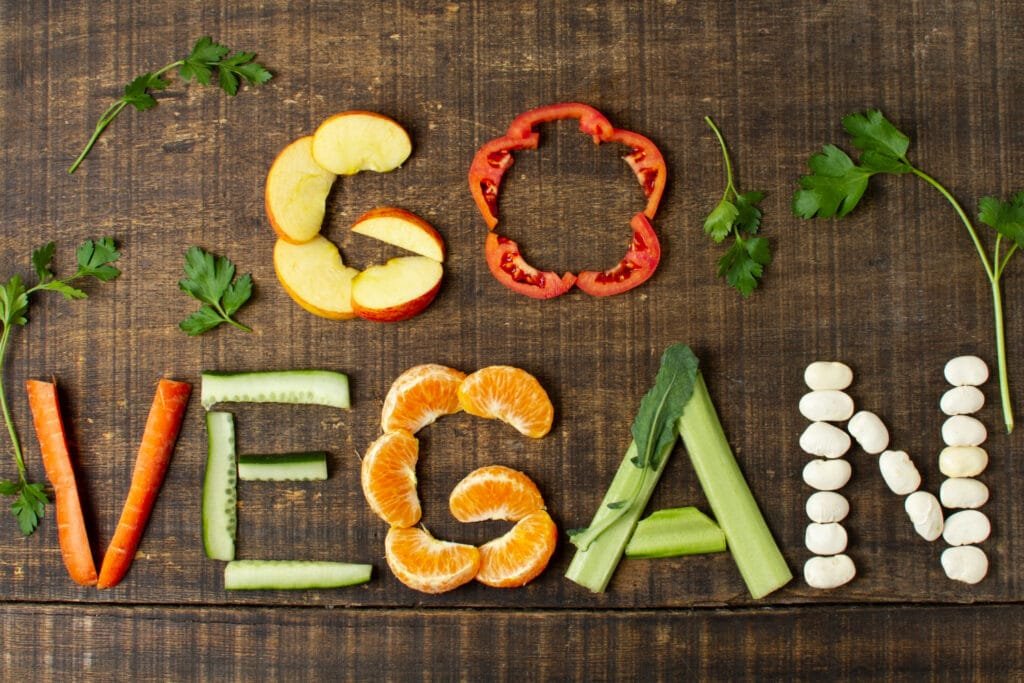Veganism vs Vegetarianism Sustainability and Impact on Environment
In recent years, concerns about climate change, deforestation, and resource depletion have led many people to reconsider their food choices. Two popular dietary choices that often come up in discussions about sustainability are vegetarianism and veganism. Both diets significantly reduce the environmental impact compared to an omnivorous diet, but which one is more sustainable? In this article, we will explore the environmental impact of veganism and vegetarianism and determine which diet is the most eco-friendly.
Understanding Veganism and Vegetarianism
Before diving into the sustainability debate, let’s define both diets clearly:
- Vegetarianism: Vegetarians do not eat meat, poultry, or fish but do consume animal products such as dairy and eggs.
- Veganism: Vegans eliminate all animal products from their diet, including meat, dairy, eggs, and even honey. Their diet is entirely plant-based.
Both diets are motivated by ethical, health, and environmental concerns, but their impact on the planet differs.
Greenhouse Gas Emissions

Animal agriculture is one of the leading causes of greenhouse gas emissions, particularly methane and nitrous oxide. Methane is produced by cows during digestion, while nitrous oxide comes from fertilizers used in growing animal feed. These gases contribute significantly to global warming.
- Vegetarianism: While vegetarians avoid meat, they still consume dairy and eggs, which contribute to greenhouse gas emissions. Dairy farms, in particular, produce large amounts of methane due to the presence of cows.
- Veganism: Since vegans eliminate animal products, their carbon footprint is significantly lower. Plant-based diets result in fewer emissions because they do not involve livestock farming.
A study by the University of Oxford found that vegan diets can reduce greenhouse gas emissions by up to 50% compared to omnivorous diets, while vegetarian diets reduce emissions by around 30%.
Land Use and Deforestation

Land is a precious resource, and its use for agriculture has major environmental consequences. Large areas of forests are cleared to create space for livestock and grow feed crops like soy and corn.
- Vegetarianism: Dairy farming requires a large amount of land. Cows need space to graze, and their feed crops take up additional land. This contributes to deforestation and habitat destruction.
- Veganism: A vegan diet requires significantly less land because plant-based foods are more resource-efficient. Studies suggest that if the world shifted to a vegan diet, farmland use could be reduced by more than 75%, freeing up land for reforestation and biodiversity restoration.
Water Consumption

Water is another crucial factor when evaluating sustainability. Agriculture is the largest consumer of freshwater, and animal farming, in particular, is highly water-intensive.
- Vegetarianism: Dairy production requires vast amounts of water. For example, it takes about 1,000 liters of water to produce just one liter of milk. Eggs also have a relatively high water footprint.
- Veganism: Vegan diets eliminate dairy and eggs, leading to significantly lower water use. Plant-based foods like beans, grains, and vegetables require much less water to produce.
A report by the Water Footprint Network found that a vegan diet reduces water usage by approximately 50% compared to a diet that includes meat and dairy.
Biodiversity and Ecosystem Health

Biodiversity loss is one of the biggest environmental challenges we face today. Animal agriculture contributes to habitat destruction, pollution, and species extinction.
- Vegetarianism: While vegetarians do not consume meat, the dairy industry still contributes to habitat destruction and pollution. Industrial dairy farming produces waste that can contaminate water bodies and harm ecosystems.
- Veganism: Since vegan diets rely entirely on plant-based foods, they have a much lower impact on biodiversity. A shift to veganism can help preserve ecosystems and protect wildlife habitats.
Resource Efficiency

Producing food requires energy, water, and land. The efficiency with which these resources are converted into calories is an important factor in sustainability.
- Vegetarianism: Producing dairy and eggs is less efficient than producing plant-based foods. Animals consume large amounts of feed, water, and energy before producing dairy or eggs, making the process inefficient.
- Veganism: Plant-based diets are much more resource-efficient. Crops grown for direct human consumption use fewer resources compared to crops grown for animal feed.
According to research from the Proceedings of the National Academy of Sciences, a global shift to plant-based diets could reduce food-related emissions by up to 70% by 2050.
Is Veganism Always More Sustainable?
While veganism is generally more sustainable than vegetarianism, some factors can influence its environmental impact:
- Food Choices: Highly processed vegan foods and non-local produce (such as imported avocados and almonds) can still have a significant carbon footprint. A vegan diet focused on whole, seasonal, and locally sourced foods is the most sustainable.
- Agricultural Practices: Sustainable farming methods, such as regenerative agriculture and organic farming, can reduce the environmental impact of both vegan and vegetarian diets.
- Waste Management: Both diets can be made more sustainable by reducing food waste and composting organic waste.
Both vegetarian and vegan diets are more sustainable than meat-based diets, but veganism has a clear advantage in reducing greenhouse gas emissions, land use, water consumption, and biodiversity loss. However, making environmentally friendly food choices within any diet is essential. Eating locally, minimizing processed foods, and reducing food waste can make both diets more sustainable.
Ultimately, adopting a plant-based diet, whether vegetarian or vegan, is a step toward a healthier planet. Small changes in our food choices can have a significant positive impact on the environment, making sustainability accessible to everyone.

